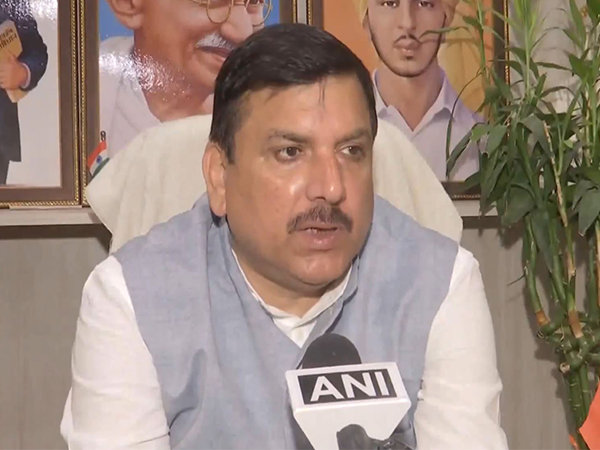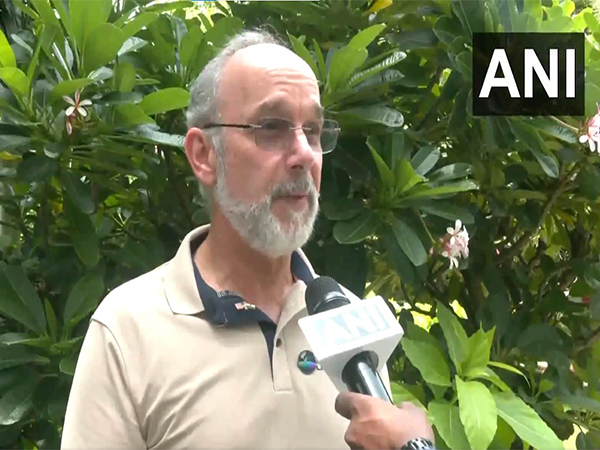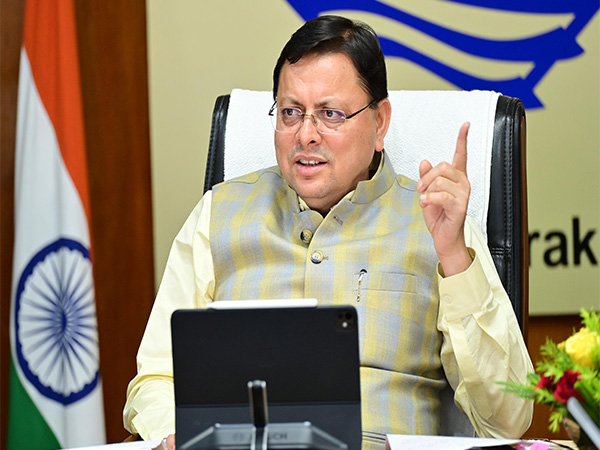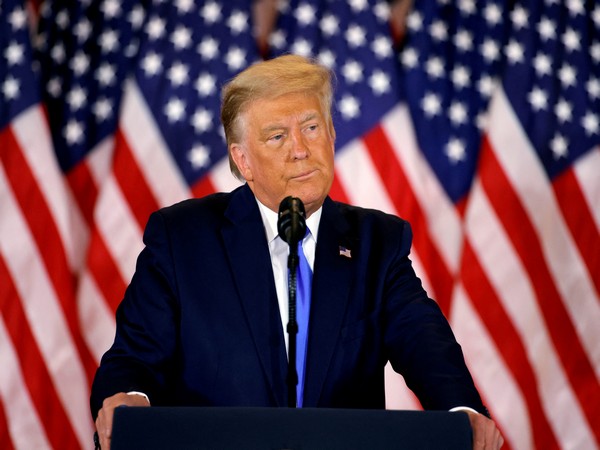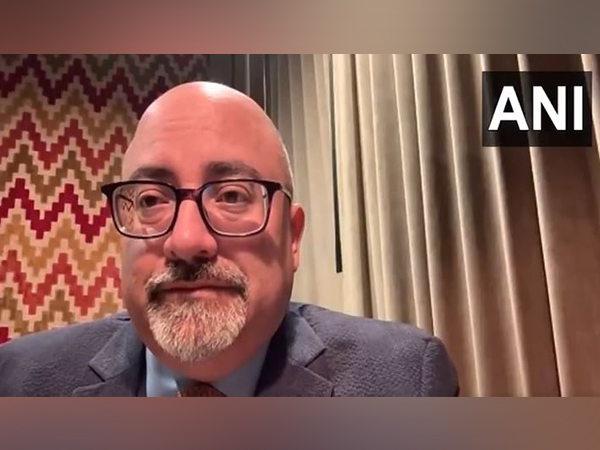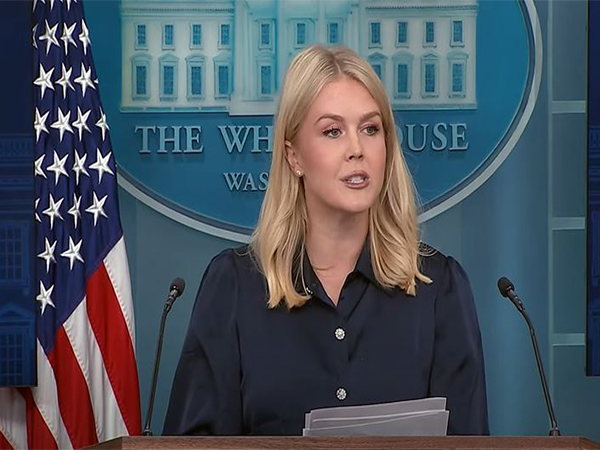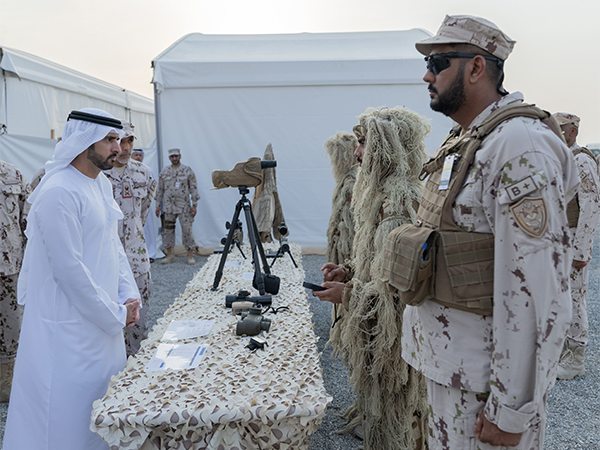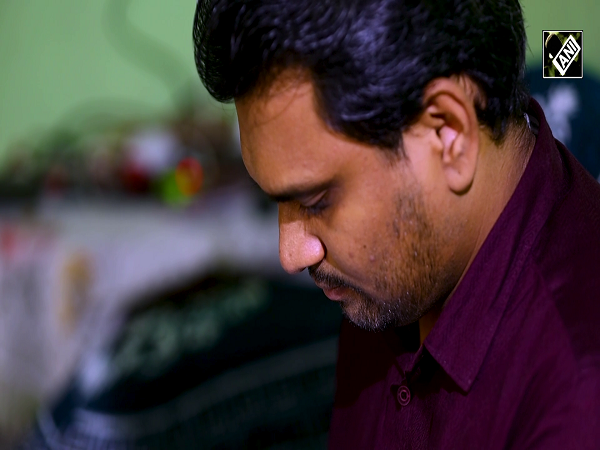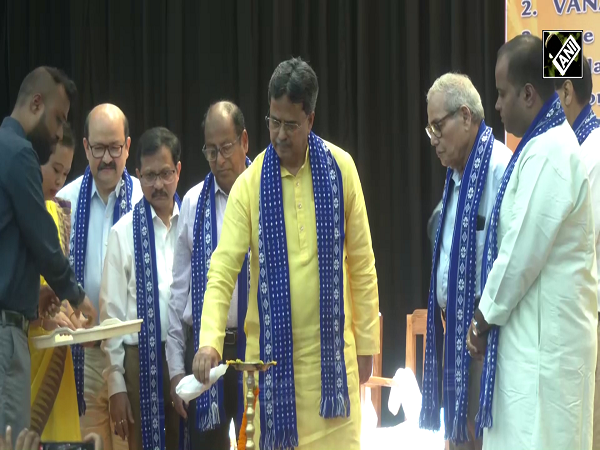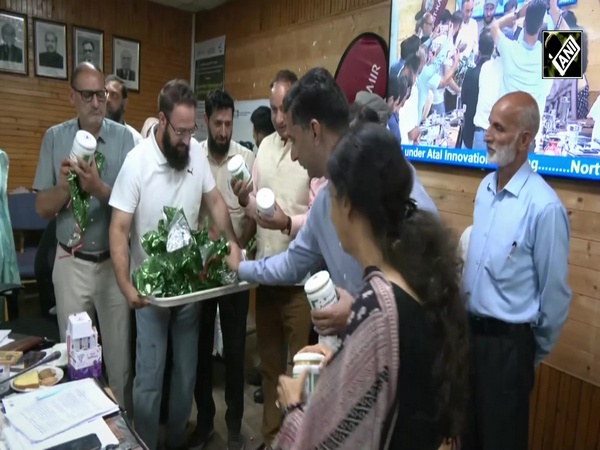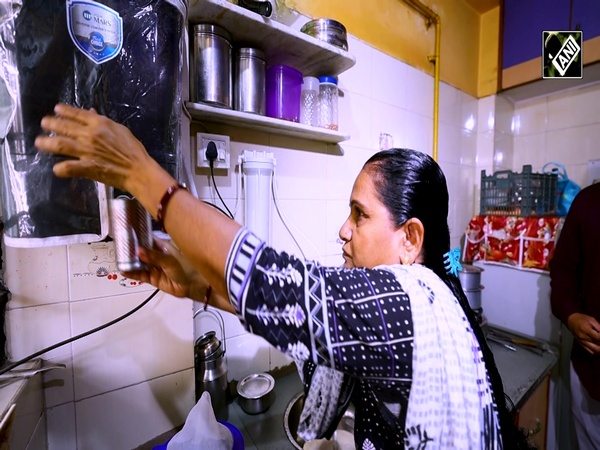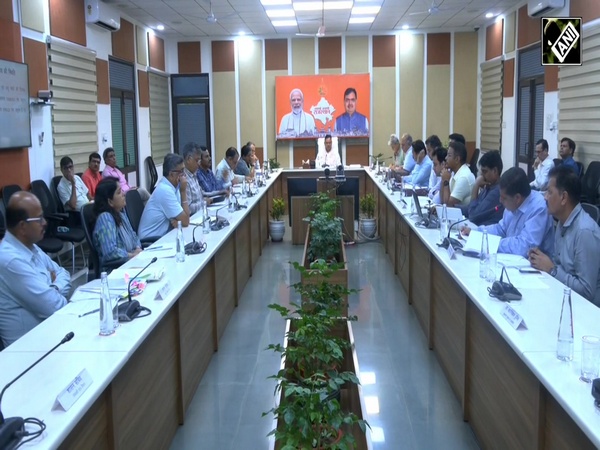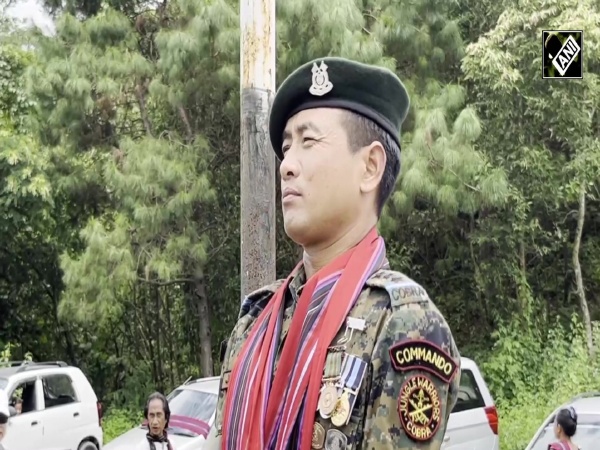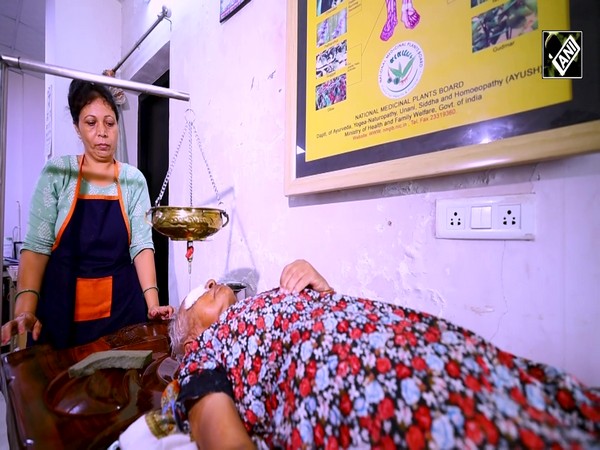DRDO to establish research cell at IIT Hyderabad to meet future defence technological needs
Jul 06, 2020

Hyderabad (Telangana) [India], July 6 : The Defence Research and Development Organisation (DRDO) will establish a Research Cell at Indian Institute of Technology Hyderabad to meet the future defence technological requirements of the country.
The 'DRDO-IITH Research Cell' will undertake basic and applied research programmes in identified technology areas.
The MoU to establish the Research Cell was signed by KK Pathak, Director, Directorate of Futuristic Technology Management (DFTM), DRDO, MSR Prasad, Distinguished Scientist and Director General, Missiles and Strategic Systems (MSS), DRDO, and Prof BS Murthy, Director, IIT Hyderabad.
Highlighting the role expected of 'DRDO-IITH Research Cell,' Dr G Satheesh Reddy, Secretary, Department of Defence R and D and Chairman, DRDO, who addressed the event through video conference, said, "This MoU is aimed at bringing together the capabilities of DRDO and IIT Hyderabad, in order to achieve greater heights in indigenous technology through collaborative research. This DRDO-IITH Research Cell will ensure seamless execution of different projects between DRDO and IITH. IITH has a strong research base in advanced technologies, which will be strengthened for the growth of the country through this cell."
The DRDO-IITH Research Cell will enable tapping knowledge resources in basic science and technology industries that are interdisciplinary in nature and spread across multiple institutions.
The Research Cell will facilitate directed basic and applied research by engaging faculty and researchers at academic institutions, technology centres and other renowned institutes in the country through defined research programs based on their research capabilities.
The thrust areas of the Research Cell includes - advanced material and processing, sensors for defence applications, hardware and algorithms for artificial intelligence-based applications, technologies for space applications, adaptive optics and image processing, UAV technologies and quantum technologies.
